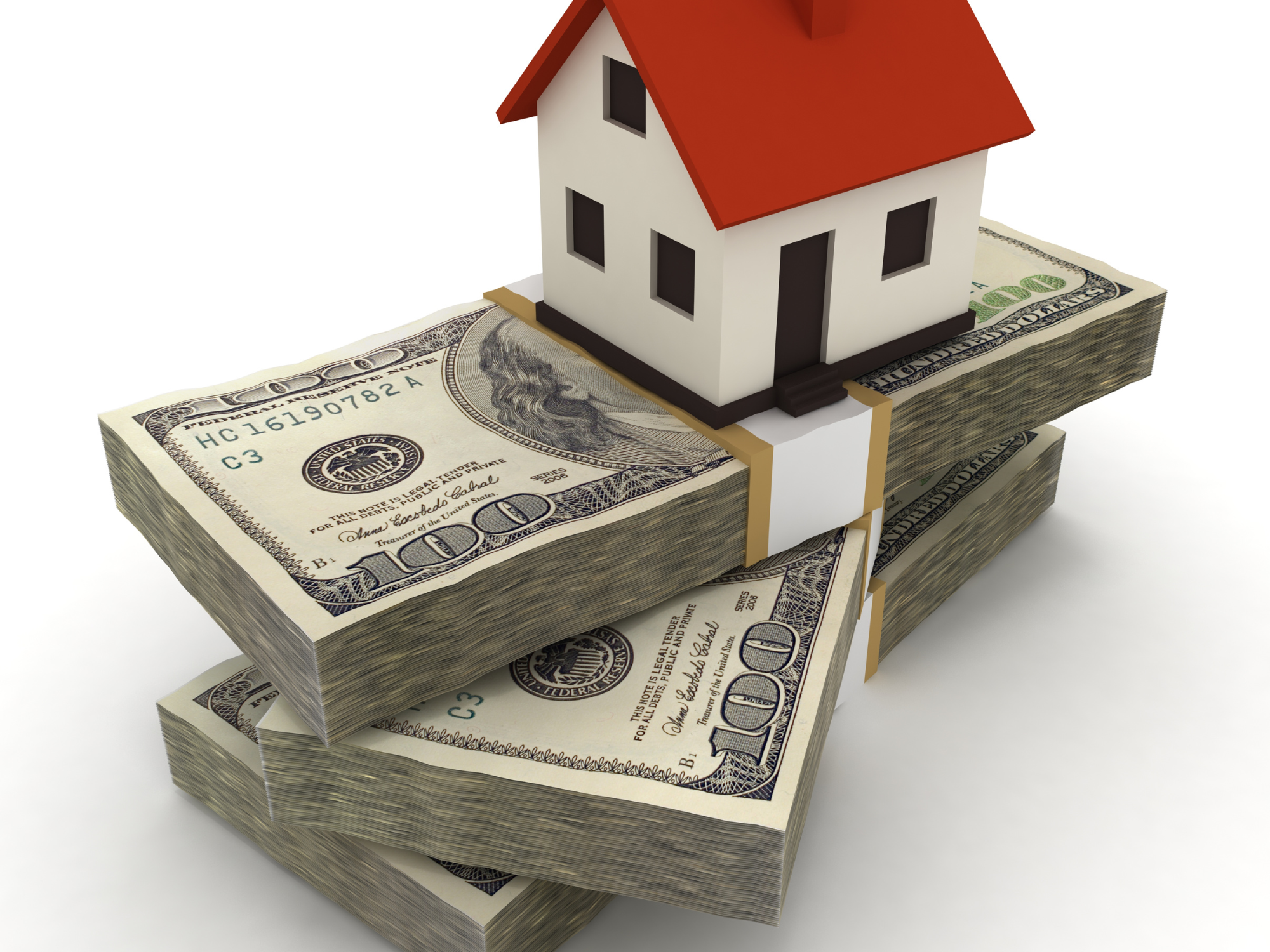Understanding Capital Gains Tax When Selling Your Home: What You Need to Know
If you’re thinking about selling your home, you may have heard about capital gains tax—the tax on profits from selling a property. While not every home sale triggers capital gains taxes, knowing how it works, when you owe it, and how to reduce it can save you thousands of dollars.
In this guide, we’ll break down:
✔️ What capital gains tax is
✔️ How much you might owe when selling a home
✔️ Exemptions and ways to reduce or avoid the tax
Remember, working with a real estate professional like myself and coming up with an all encompassing sales plan to get your house sold for the best ROI will help you greatly! It’s never too early to talk with me about your plans.
Let’s dive in!
What Is Capital Gains Tax? 💰
Capital gains tax is a tax on the profit (the “gain”) from selling an asset, including real estate. If you sell your home for more than you paid for it, the IRS considers the profit a capital gain, which may be taxable.
How Do You Calculate Capital Gains?
📊 Sale Price – Purchase Price – Expenses = Capital Gain
For example:
You bought a home for $300,000
You sold it for $500,000
You spent $20,000 on renovations and $15,000 on closing costs
📌 Capital Gain = $500,000 – $300,000 – $35,000 = $165,000
This $165,000 may be subject to capital gains tax—but there are ways to reduce or eliminate it.
How Much Capital Gains Tax Will I Owe? 📈
Your tax rate depends on how long you owned the home:
1️⃣ Short-Term Capital Gains (Owned Less Than 1 Year)
🏡 If you owned the home for less than a year before selling, the IRS taxes your gain as ordinary income, which means:
✔️ Higher tax rate (10-37%), based on your income.
✔️ Less opportunity for deductions or exemptions.
💡 Pro Tip: If possible, wait at least a year before selling to take advantage of lower long-term capital gains tax rates.
2️⃣ Long-Term Capital Gains (Owned 1+ Years)
🏡 If you owned your home for more than a year, you qualify for lower tax rates:
Taxable Income
Capital Gains Tax Rate
$0 – $44,625 (Single) / $0 – $89,250 (Married)
0%
$44,626 – $492,300 (Single) / $89,251 – $553,850 (Married)
15%
Over $492,300 (Single) / Over $553,850 (Married)
20%
💡 Pro Tip: Most homeowners qualify for a lower 15% tax rate—or 0% if your income is below the threshold.
How to Avoid or Reduce Capital Gains Tax When Selling Your Home 🏡💡
1️⃣ Primary Residence Exclusion (The $250K/$500K Rule)
The IRS allows most homeowners to exclude up to:
✔️ $250,000 in gains (if single)
✔️ $500,000 in gains (if married and filing jointly)
✅ You qualify for this exclusion if:
✔️ You lived in the home for at least 2 of the last 5 years.
✔️ You haven’t claimed this exclusion in the past 2 years.
📌 Example:
If a single homeowner sells a home for $550,000 and has a $300,000 mortgage, their gain is $250,000.
Because they qualify for the $250K exclusion, they pay no capital gains tax! 🎉
💡 Pro Tip: If you’re approaching the 2-year mark, consider waiting to sell to qualify for this exemption.
2️⃣ Track Your Home Improvements
Did you renovate your kitchen or upgrade your roof? 🛠️ Those costs can be deducted from your capital gains to lower your taxable amount.
📋 What counts as a deductible improvement?
✔️ Major renovations (kitchens, bathrooms, additions)
✔️ New HVAC, roof, plumbing, or electrical upgrades
✔️ Landscaping, fencing, and exterior improvements
📌 What DOESN’T count?
❌ Regular maintenance (painting, fixing leaks)
❌ Home insurance or mortgage interest
💡 Pro Tip: Keep receipts and records of all improvements—they could save you thousands in taxes later!
3️⃣ Sell Strategically to Reduce Taxes
📅 Timing matters! If you’re close to qualifying for the 2-year rule, wait to sell so you can exclude up to $500,000 in gains.
📊 Consider your income—if you expect a lower-income year, selling then may keep you in a lower tax bracket (and potentially at the 0% capital gains tax rate!).
4️⃣ Consider a 1031 Exchange (For Investment Properties)
If you’re selling an investment property, you can defer capital gains taxes by using a 1031 Exchange—where you reinvest the sale proceeds into another property of equal or greater value.
📌 Key Rules for a 1031 Exchange:
✔️ Must reinvest in "like-kind" property (another real estate investment).
✔️ Must identify a new property within 45 days and close within 180 days.
✔️ Only applies to investment properties (not primary residences).
💡 Pro Tip: A 1031 Exchange can save investors thousands, but it must be done correctly—Let’s work together to have a successful 1031 exchange!
Do I Have to Pay Capital Gains Tax in Pennsylvania? 🏛️
✅ Pennsylvania does NOT have a separate state capital gains tax.
✅ However, Philadelphia charges a real estate transfer tax (4.278%) which is split between Buyer and Seller traditionally. Suburbs usually have 2% split between Buyer and Seller at closing..
✅ Some local taxes may apply, so check with a real estate tax expert.
💡 Pro Tip: Selling in PA means you only owe federal capital gains tax—so planning ahead is even more valuable!
Final Tips for Selling Your Home Tax-Efficiently
✔️ Live in your home for at least 2 years of the past 5 years to qualify for the capital gains exclusion.
✔️ Keep records of home improvements to reduce your taxable gain.
✔️ Sell strategically—if you’re nearing retirement or a lower-income year, it may be a good time to sell.
✔️ Consider a 1031 Exchange if you’re reinvesting in real estate.
🏡 Thinking of selling your home in 2025? Let’s talk about your options and how to maximize your profits while minimizing taxes.
📅 Schedule a free consultation
📩 Or email me at Shaina@MontCoLiving.com






